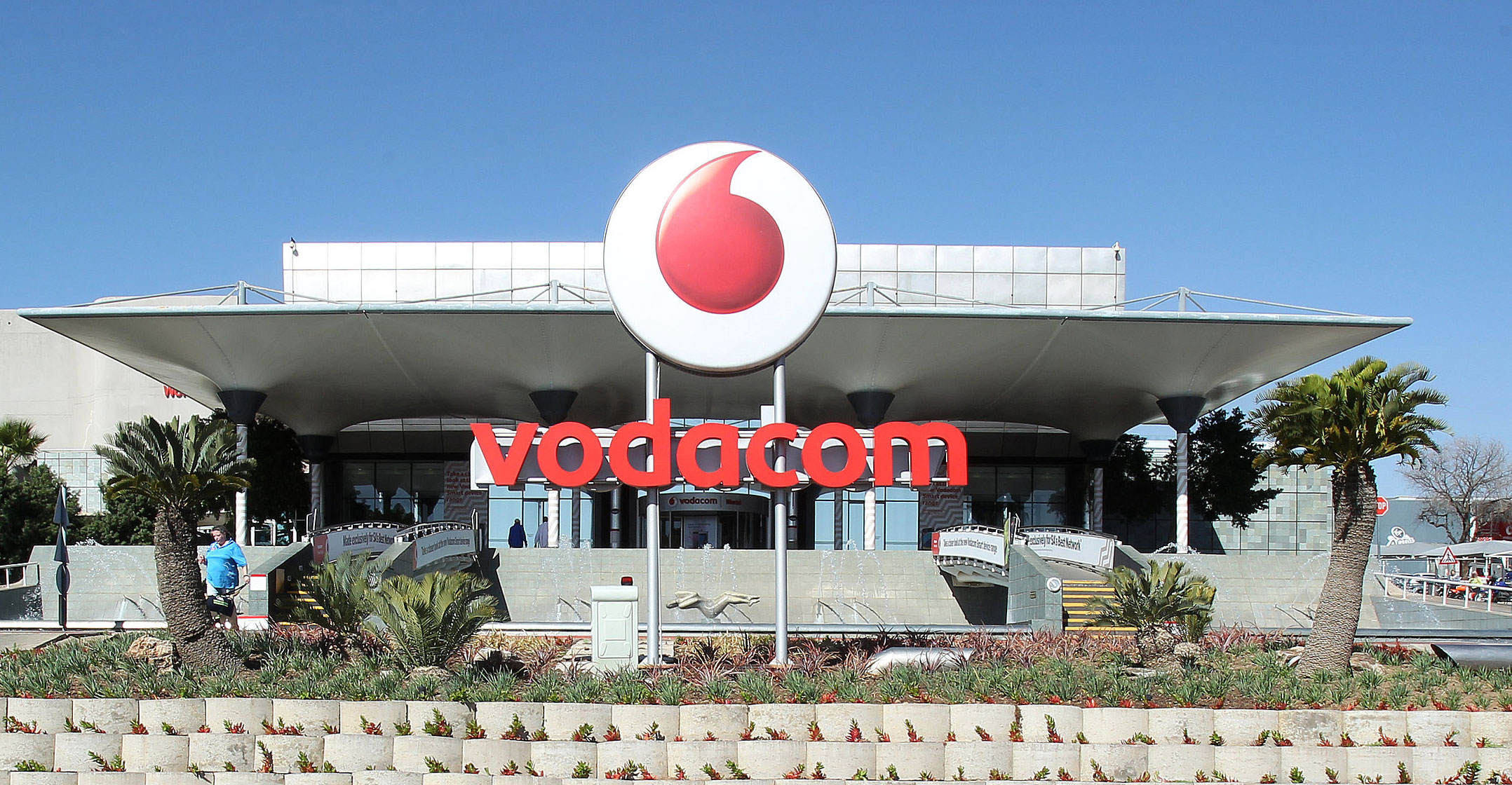
Revenue from data at Vodacom South Africa, the telecommunications group’s biggest market, has topped voice revenue for the first time, interim results for the six months ended 30 September 2017 show.
Data revenue in South Africa grew by 15% to R11.4bn, contributing 42.6% of service revenue, surpassing the contribution from voice for the first time, Vodacom said.
The group reported a 1.1% increase in headline earnings per share to R4.45 in the first half of the 2018 financial year, yet cut its dividend slightly. It increased normalised service revenue by 4.6%, boosted by a strong increase in customer gains in South Africa and significant gains in data and M-Pesa revenue internationally.
In another significant development, the South African operation topped the 40m subscriber mark for the first time, gaining 2.9m customers in the period. It had 3.3m Sim card connections on its Internet of things network at the end of September.
Service revenue increased 4.7% to R26.7bn, supported by strong customer gains and growth in data and enterprise services, Vodacom said. Revenue growth was stronger at 7.7%, reaching R33.9bn, boosted by equipment revenue growth of 18.4%. The sale of smartphones grew by 18.3%, comprising 59.5% of total device sales in the South African operation.
Prepaid customers increased by 2.8m to 34.8m, up 13.4%, driven by its “Just 4 You” offers and “customer segmentation”. However, prepaid average revenue per user (Arpu) was down 6.5% due to a large number of low-Arpu gross connections.
Contract customers increased by 107 000 to 5.2m. Migration to the new “more data” contracts, which have a larger data allocation, accelerated to 25% of the base. Contract Arpu declined by 3.9% to R392 as a result of change in deal structures and due to a higher rollover of unused bundle allocations.
Bundles
Total bundles sold increased 64.8% to almost 1.1bn. Of these, 800m were voice bundles, with the effective price per minute falling by 10.9%. Voice revenue declined by 4.8%.
Vodacom South Africa added 356 000 data customers to 19.9m, up 9.6% and now making up half the customer base. 4G customers increased 62.8% to 6m, while the average monthly data usage on smart devices increased 19.5% to 776MB. Data bundle sales grew by 55.5% to 347m. Improved in-bundle usage has resulted in a 24.2% reduction in the effective price per megabyte, it said.
Vodacom invested R3.9bn in its network and IT systems in South Africa in the six-month period. It now claims to have 76.7% 4G and 99.3% 3G population coverage, compared to 68.7% 4G coverage a year ago.
The group warned that the lack of new radio frequency spectrum is starting its push its costs up. “Without new spectrum, we are forced to build more base stations to meet data growth demand. Additional spectrum will allow us to invest more efficiently and accelerate our rural coverage programme.”
In its international operations, normalised service revenue rose by 5.5%, with the number of customers climbing by 1.4m to 31.1m. M-Pesa, its mobile money platform, continued to perform well in these markets. “We expect that the Safaricom transaction will further drive M-Pesa development and penetration outside of South Africa,” it said. Vodacom acquired 34.9% of Kenya’s Safaricom from parent Vodacom during the period. Net profit increased by 7%, boosted by Safaricom acquisition.
Group revenue grew by 4.6% to R42bn, while normalised growth, excluding currency translation effects, was 6.9%. Group service revenue grew 2% to R34.7bn. Normalised revenue growth was 4.6%.
Customers across all regions grew to reach 71m, up 11.8%. — © 2017 NewsCentral Media




